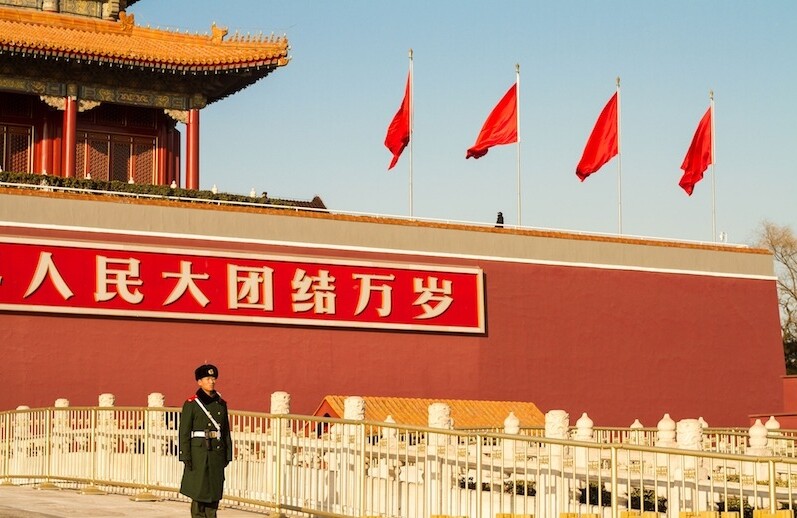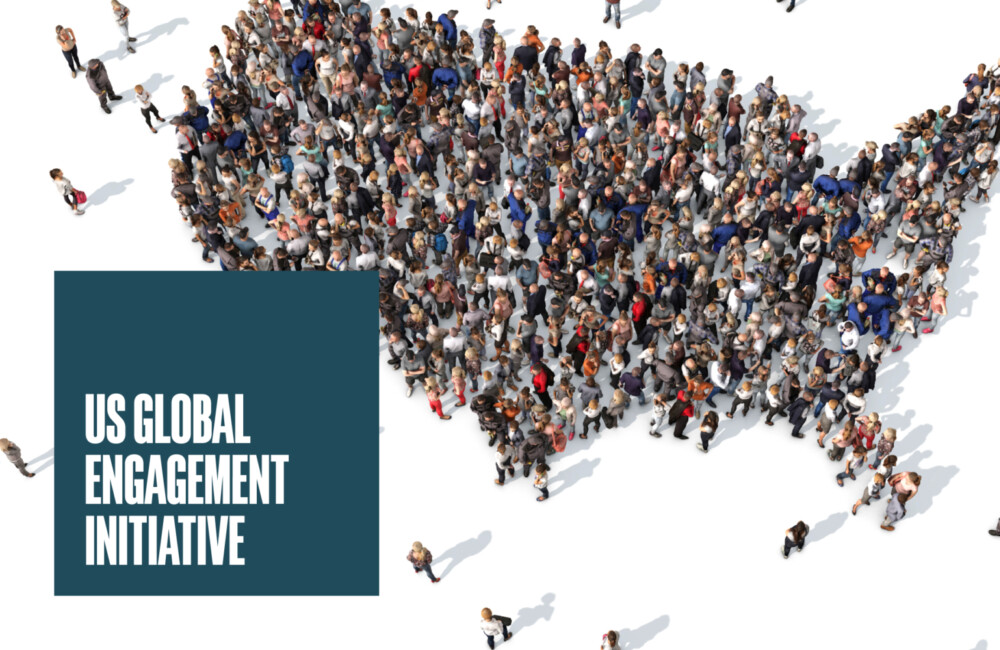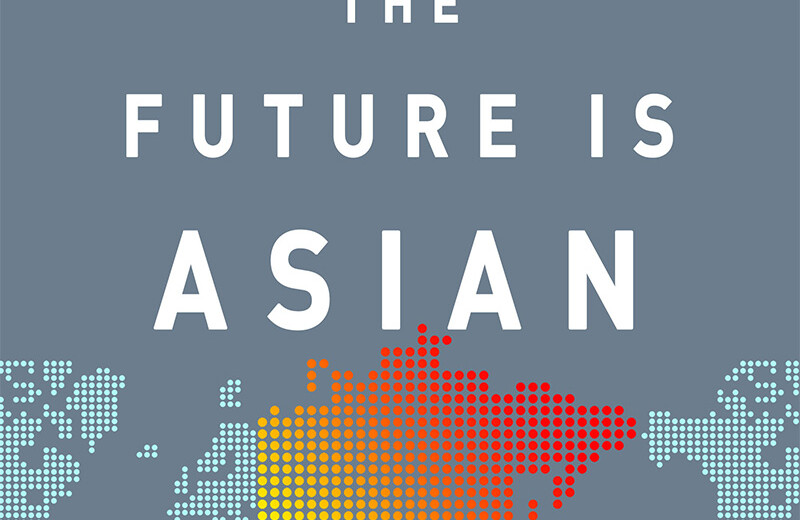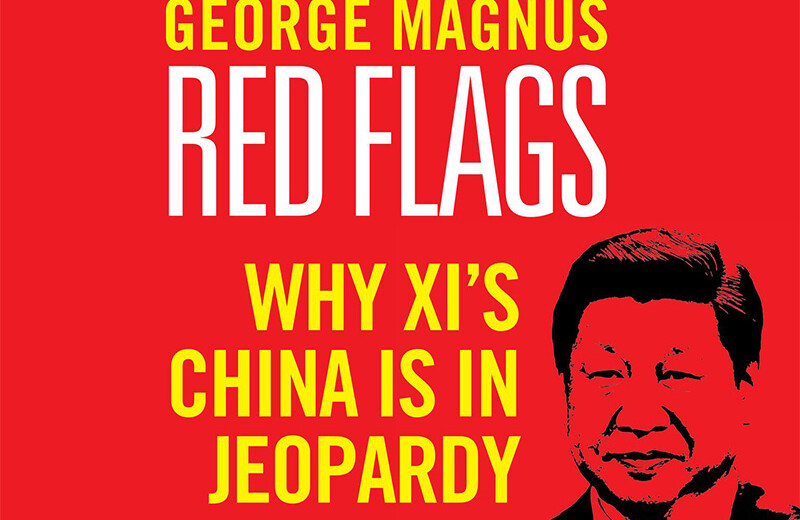Framing ethical perspectives
Multilateralism refers to a group of nations working together for a common goal. It is at the heart of international relations as nation-states form alliances with like-minded countries to take on global issues, such as climate, emerging technology, inequality, and collective security. Carnegie Council sees multilateralism as essential to generating solutions to global problems and a critical component of an ethical present and future.
Featured Multilateralism Resources
Inclusivity, AI & climate governance, and more
FEB 27, 2024 • Video
A Carnegie Council Conversation with the UK Home Secretary
MAR 28, 2024 • Video
Unlocking Cooperation: The Global South and Global North
In the inaugural panel of the "Unlocking Cooperation" series, Ramu Damodaran leads a discussion on forging a path forward for Global South/North collaboration.
OCT 18, 2023 • Video
Unlocking Cooperation: A Global Ethics Day Special Event
In this keynote event for Global Ethics Day 2023, Carnegie Council President Joel Rosenthal led a conversation on the psychology behind cooperation; ways that states, institutions, ...
Subscribe to the Carnegie Ethics Newsletter for more on ethics and international affairs
Related Initiatives
Model International Mobility Convention
The primary goal of the Model International Mobility Convention (MIMC) is to formulate new rules for migration and asylum that can benefit both migrants and refugees as well as their states of origin, transit, and destination.
Carnegie Ethics Accelerator
The Carnegie Ethics Accelerator is a new kind of incubator designed to empower ethics in the face of swiftly evolving challenges in technology and public policies.
Explore Our Multilateralism Resources

FEB 19, 2019 • Podcast
China's Power and Messaging, with Bonnie S. Glaser
"There are areas where China lags behind other countries in its power, areas where it's catching up, and areas where China really has leapfrogged some ...

FEB 19, 2019 • Article
Competing Bipartisan Consensuses?
Is there any bipartisan political consensus on U.S. foreign policy? Nikolas Gvosdev argues that voters want to see the United States involved in world ...

FEB 13, 2019 • Transcript
Lethal Autonomous Weapons Systems: Can the International Community Agree on an Approach?
"It is not very often that a United Nations Special Rapporteur on extrajudicial, summary or arbitrary executions makes headlines or that his/her report gets ...

FEB 12, 2019 • Podcast
The Future is Asian, with Parag Khanna
"The rise of China is not the biggest story in the world," says Parag Khanna. "The Asianization of Asia, the return of Asia, the rise ...
FEB 11, 2019 • Podcast
China's Cognitive Warfare, with Rachael Burton
How is China influencing democracies such as Taiwan, Korea, and the United States? "I think there are three areas that you can look at," says ...

FEB 5, 2019 • Article
The New Congress and U.S. Foreign Policy
What does the new Congress think about U.S. foreign policy? Nikolas Gvosdev looks at how the Democratcs and Republicans will approach some important questions ...

JAN 23, 2019 • Podcast
Red Flags: Why Xi's China is in Jeopardy, with George Magnus
China's economy has grown exponentially over the last four decades, but George Magnus, former chief economist at UBS, sees four traps that could derail its ...

JAN 22, 2019 • Article
Rischian Transactionalism
Transactionalism in U.S. foreign policy has a new proponent: James E. Risch, incoming chairman of the Senate Foreign Relations Committee.

JAN 18, 2019 • Article
After Katowice: Three Civil Society Strategies for Ratcheting Up Climate Ambition
The recent climate conference in Katowice, Poland was a milestone for the Paris Agreement, and it points to the role NGOs can play in encouraging ...
JAN 17, 2019 • Transcript
1919 & the Crack Up, with Ted Widmer
Created and hosted by Carnegie Council Senior Fellow Ted Widmer, "The Crack-Up" is a special podcast series about the events of 1919, a year that in ...




